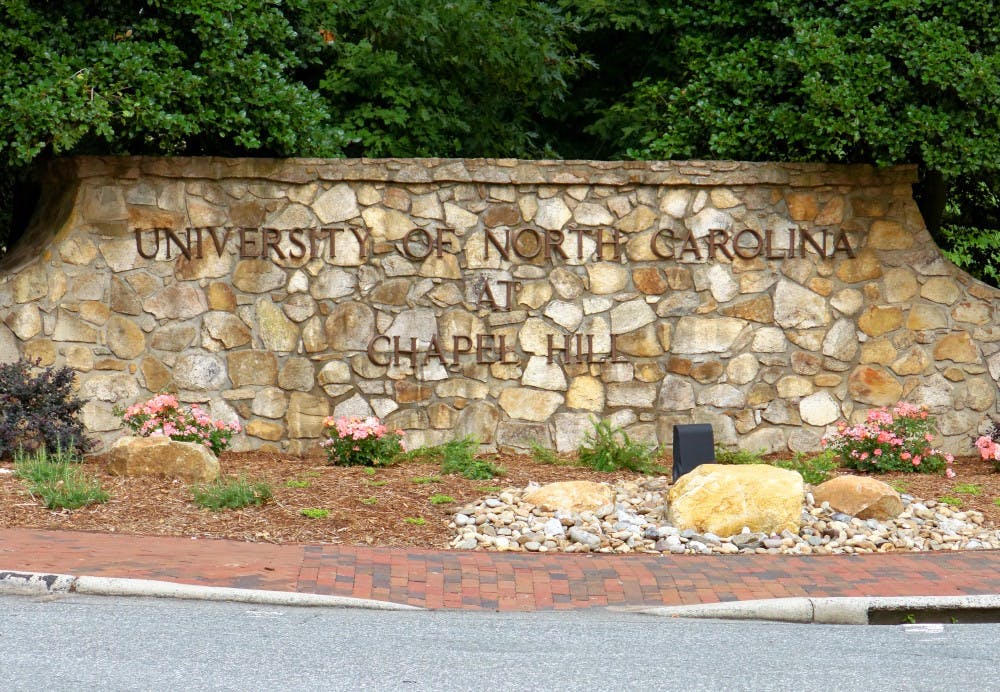Last week, the University of North Carolina’s flagship campus in Chapel Hill was put on academic probation. The Southern Association of Colleges and Schools’ (SACSCOS), the same body that accredits USC, stopped just short of yanking their accreditation.
Something is seriously wrong here, and it’s not just an insanely long acronym.
A 20-year cheating scandal was just uncovered at a major U.S. university. Administrators and faculty were complicit in the cheating, and former students are suing the university for damages. Other college presidents are calling for UNC to lose their accreditation.
So why is this not getting more news coverage? College athletics, the fake classes, inflated grades and sham department were designed to make sure athletes, especially football and basketball players, were eligble to play.
It’s an all-too-familiar story. The NCAA is currently investigating as many as 20 schools for academic fraud related to athletics. Earlier this year, it was alleged a member of the Syracuse basketball staff was posing as players in emails to professors so they wouldn't have to do work. And last year, a CNN investigation found that some athletes at major universities could barely read.
While the NCAA sits around debating issues like whether or not University of South Carolina can ice cookie cakes it gives to recruits, players in their sports are cheating and being cheated.
You may think — where’s the harm? Many of these same students who struggle academically go on to professional careers, making millions of dollars. But as an ESPN special found, many professional athletes go bankrupt, some because they have no other skills and were not taught basic economics or mathematics. And many of them don’t go pro at all due to injury or circumstance, leaving them with a piece of paper rather than skills or knowledge.
Ostensibly, these players are compensated through the use of scholarships. But the UNC case raises an important question — what’s the value of an education if you don’t receive it?
I love college football and basketball, and I’m a vigorous defender of college athletics. There are thousands of positive stories of how playing these sports and getting scholarships have changed lives, and I think, on the whole, athletics are a good enterprise for schools. But much like FIFA, the NCAA needs serious top-down change of culture. Schools need a new attitude, one that puts learning before wins.
This problem of putting athletics before academics is not a new one. But the action by the SACSCOS has put schools on notice: you can’t continue to call yourself an outstanding academic institution while failing to educate those you admit. You can’t have your cookie cake and eat it too.

